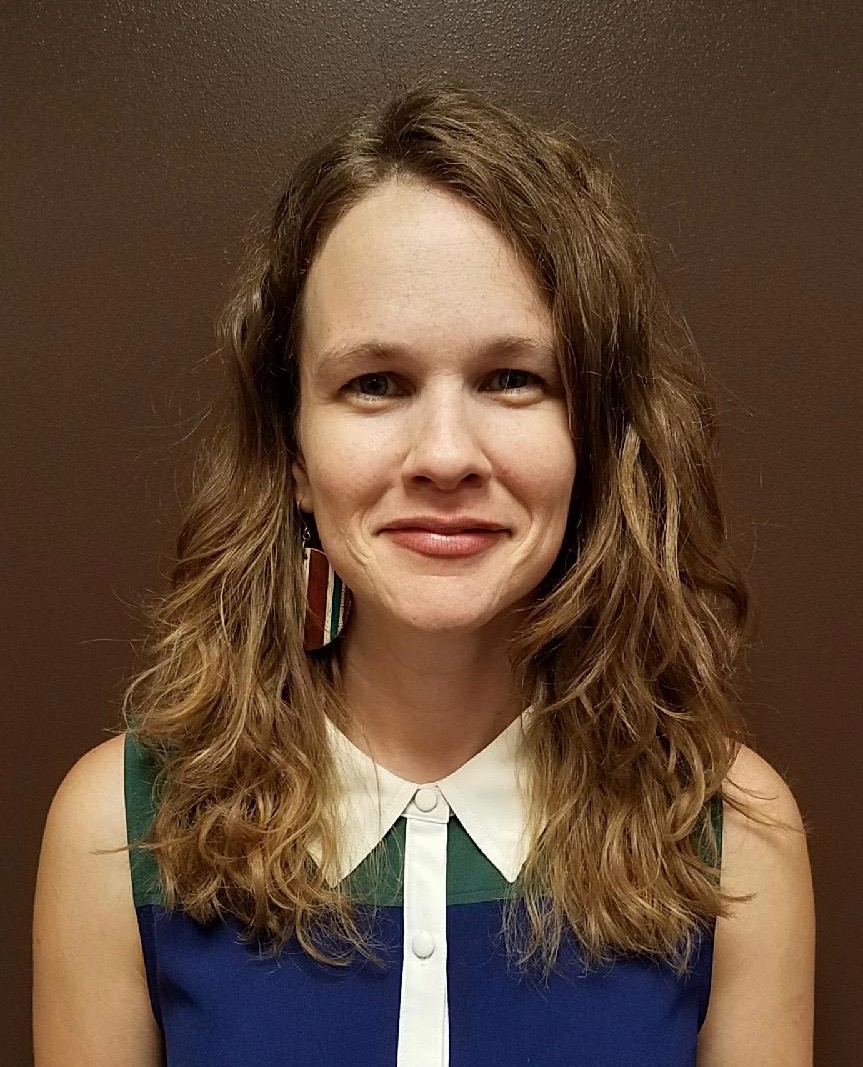The Essential Jewel of Holy Practice is a vibrant philosophical and ethical poem by one of Tibet’s great spiritual masters. Patrul Rinpoche presents a complete view of the path of liberation from the perspectives of the Madhyamaka understanding of emptiness and the Mahāyāna ideal of compassionate care refracted through the Dzogchen perspective on experience. This yields a sophisticated philosophical approach to practice focusing on the cultivation of clear, open, luminous, empty awareness and of liberation leading to the transformation of one’s moral capacity and sensitivity. Patrul Rinpoche’s verses speak intimately and directly to the reader and inspire one to develop one’s mind for the sake of ethical perfection and liberation.
The translators’ introduction provides a foundation for reading the poem and their commentary to the verses assists the reader in understanding Patrul Rinpoche’s allusions and technical terms.
BOOK INFORMATION
- Paperback
- 136 pages, 5.00 x 8.00 inches
- ISBN 9781614294474
ABOUT THE AUTHOR

Jay Garfield is Doris Silbert Professor in the Humanities, Professor of Philosophy and Director of the Logic Program and of the Five College Tibetan Studies in India Program at Smith College, Professor in the graduate faculty of Philosophy at the University of Massachusetts, Professor of Philosophy at Melbourne University and Adjunct Professor of Philosophy at the Central Institute of Higher Tibetan Studies. He teaches and pursues research in the philosophy of mind, foundations of cognitive science, logic, philosophy of language, Buddhist philosophy, cross-cultural hermeneutics, theoretical and applied ethics and epistemology. Garfield’s most recent books are his translation, with the Ven. Prof Geshe Ngawang Samten of the Fourteenth-Fifteenth Century Tibetan Philosopher Tsong Khapa’s commentary on Nagarjuna’s Mulamadhyamakakarika (Ocean of Reasoning) and Empty Words: Buddhist Philosophy and Cross-Cultural Interpretation (Oxford University Press 2002 and 2006), respectively. Garfield is also working on projects on the development of the theory of mind in children with particular attention to the role of pretence in that process; the acquisition of evidentials and its relation to the development of theory of mind (with Jill deVilliers, Thomas Roeper and Peggy Speas), the history of 20th Century Indian philosophy (with Nalini Bhushan) and the nature of conventional truth in Madhyamaka (with Graham Priest and Tom Tillemans). He recently co-directed, with Peter Gregory, Jill Ker Conway Professor of Religion and Buddhist Studies, a year-long research institute, Trans-Buddhism: Transmission, Translation and Transformation investigating the interaction of Buddhist societies with the West. Other books in progress include the Oxford Handbook of World Philosophy (editor), Readings in Buddhist Philosophy(co-editor with William Edelglass for Oxford University Press), Trans-Buddhism: Transmission, Translation and Transformation (co-editor with Nalini Bhushan and Abraham Zablocki, for the University of Massachusetts Press), and Sweet Reason: A Field Guide to Modern Logic (co-authored with Jim Henle and the late Thomas Tymoczko).

Emily McRae is an Assistant Professor of Philosophy at the University of New Mexico. Her work addresses topics in Buddhist ethics, moral psychology, and feminist philosophy. She has studied Tibetan language and Buddhist philosophy at the University of Wisconsin and Rangjung Yeshe Institute in Kathmandu, Nepal.